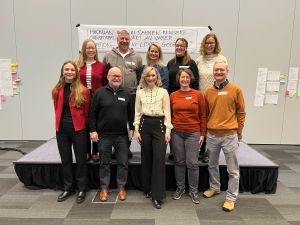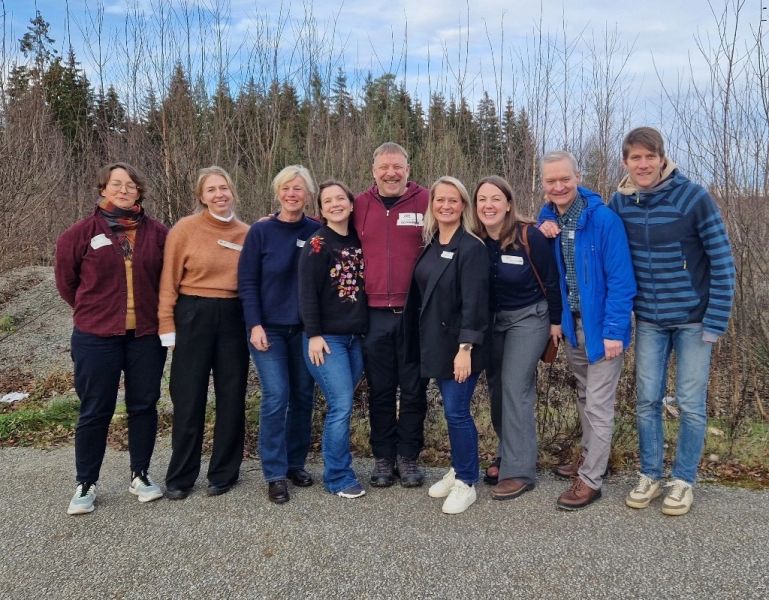From autumn last year to spring this year, mgr Magni Szymaniak-Arnesen served as an observer during meetings of two national citizens’ assemblies organized in Norway.
Citizens’ Assembly on Sustainable Consumption
The first CA, commissioned by the Norwegian Ministry of Digitalisation and Public Governance, focused on challenges related to sustainable consumption. Its goal was to develop recommendations for reducing excessive consumption of goods (textiles, footwear, electronics, furniture, and household/recreational equipment) while maintaining high quality of life. The panel also aimed to address how to limit consumption fairly and inclusively.
Forty thousand adult Norwegian residents were invited via randomly sent SMS messages, with 66 participants selected through stratified random sampling to reflect societal demographics (age, gender, education, residence, and consumption attitudes). The 18–24 age group was intentionally overrepresented to amplify youth voices. Ultimately, 54 individuals participated.
Meetings occurred both in-person and online from late October to mid-January. Participants produced 25 recommendations approved by over 75% of the group. These included stricter regulations on advertising promoting unnecessary purchases (e.g., "3 for the price of 2" or free shipping above purchase thresholds), deposit schemes for clothing/footwear/appliances, zero VAT on secondhand sales and repair services, and establishing a government commission to draft sustainability guidelines modeled on dietary recommendations.
The recommendations were submitted to Digitalisation Minister Karianne Tung and Climate Minister Andreas Bjelland Eriksen on February 14 and are supposed to inform an upcoming parliamentary report on sustainable development goals.
Citizens’ Assembly on Norway’s Future (Framtidspanelet)
The second assembly, so-called Framtidspanelet, initiated by a coalition of seven non-governmental organizations working on topics such as sustainability, and youth and children’s welfare, including WWF and Caritas Norge, examined how Norway—as a wealthy nation—should utilize its resources (e.g., oil fund revenues) for global and intergenerational benefit. It also aimed to define values guiding expenditure decisions and Norway’s global responsibilities.
Recruitment partially mirrored the first assembly: 40,000 adults received SMS invitations, while 16–18-year-olds could self-nominate. Nearly 10% of invitees responded positively, with 31 under-18 applicants. The final 66-member panel reflected Norway’s demographics, with 28% under-24 participants to match national age distribution.
Meetings took place in-person and online from January to April 2025. Recommendations haven’t been published yet, but will be presented to the commissioning organizations, policymakers and the public on May 13 at Norway’s parliament.
Both assemblies were organized by Norwegian organization SoCentral with support from Danish practitioners and facilitators from We Do Democracy. Randomization was handled by Analyse & Tall. Organizers covered travel and accommodation costs for non-Oslo residents, but participants received no monetary compensation for their participation.


